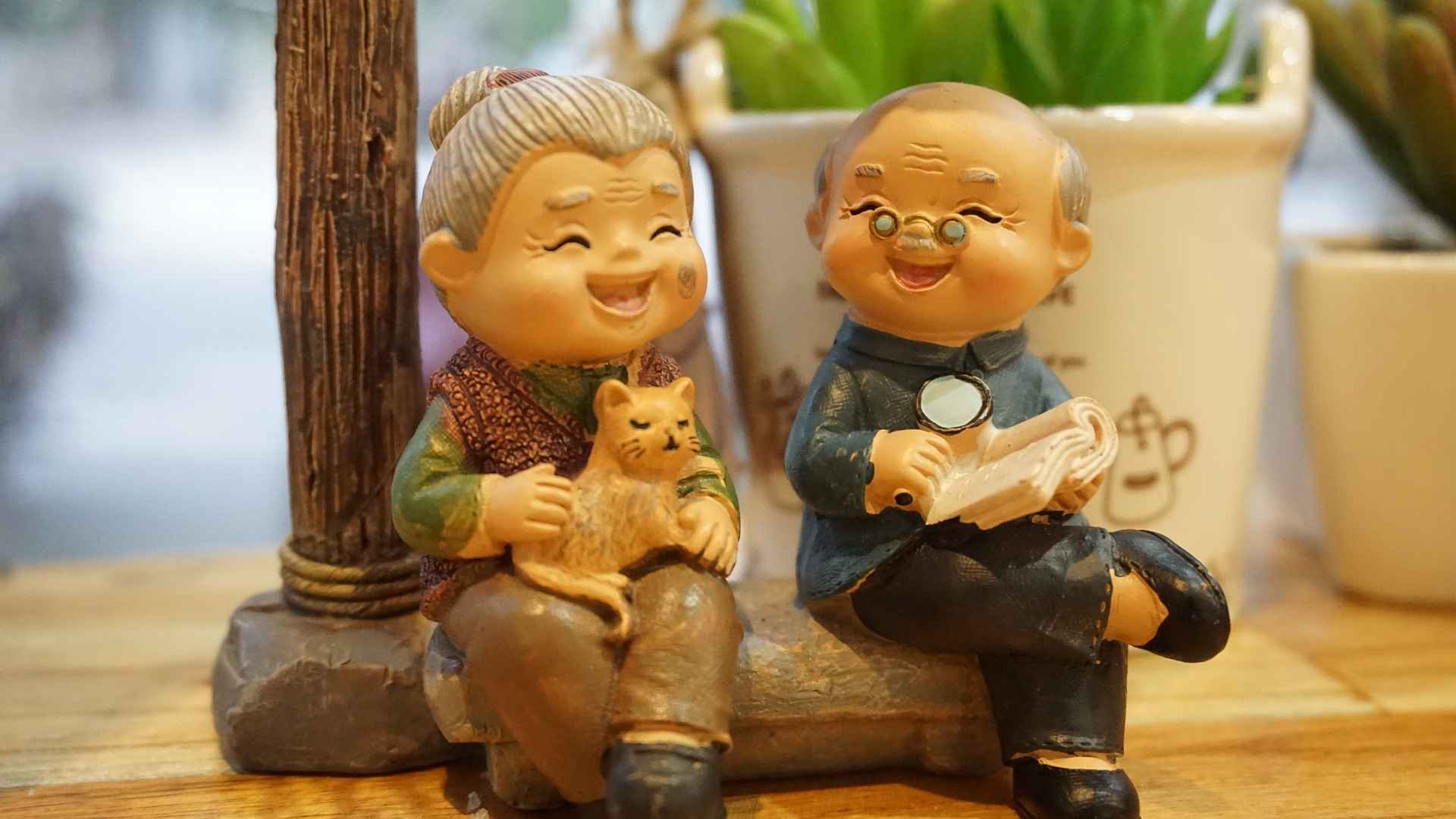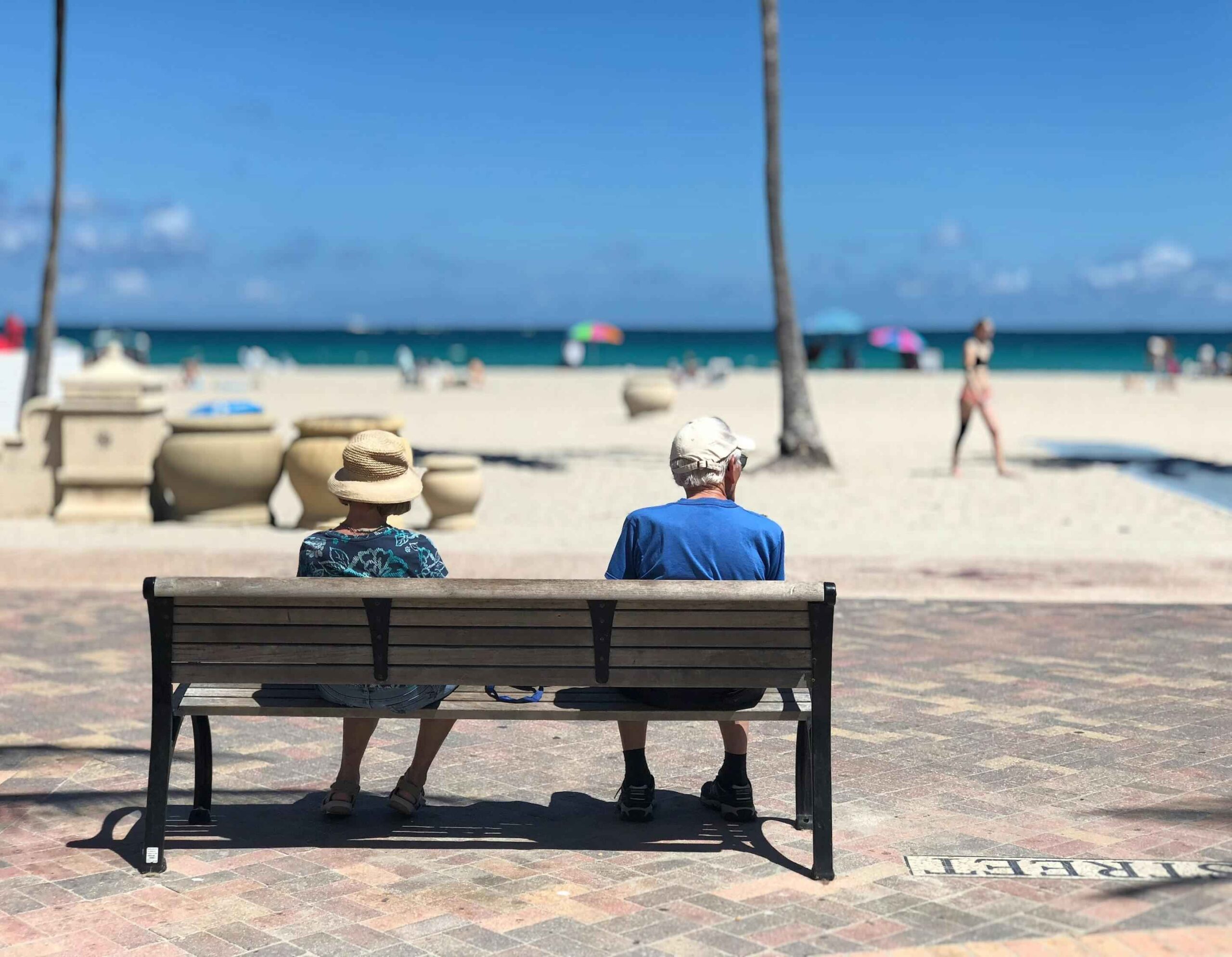
Introduction:
If you are a retired Armed Forces personnel, you may be facing many changes and challenges in your life. You may have to adapt to a New Lifestyle, Environment, and routine after years of Service, Discipline, and Duty. You may also have to deal with various health issues, such as Physical Injuries, Mental stress, chronic diseases, or age-related problems. Therefore, it is essential to take care of your health and well-being after retirement and live a healthy and happy life.
In this article, we will share some tips and advice on how to be healthy after retirement, based on the latest research and expert opinions. We will cover topics such as nutrition, exercise, mental health, social support, hobbies, and preventive care.
Here are 15 ways to keep yourself healthy after retirement:
- Eat a balanced and nutritious diet that includes fruits, vegetables, whole grains, lean proteins, healthy fats, and low-fat dairy products. Avoid excess sugar, salt, and processed foods. Drink plenty of water and limit your alcohol intake. Now that you are retired, you have no limitations on your food choices. You can enjoy any cuisine from any place you like.
- Stay physically active and exercise regularly. Aim for at least 60 minutes of moderate aerobic activity or 30 minutes of vigorous aerobic activity per day, as well as strength training exercises twice a week. Choose activities that you enjoy and that suit your fitness level, such as walking, swimming, cycling, dancing, yoga, or gardening. Physical Fitness Unleashed: 9 Steps to a Stronger, Healthier You
- Keep your mind sharp and engaged by learning new skills, hobbies, or languages, reading books, solving puzzles, playing games, or taking courses. Challenge yourself to try something new and creative every day.
- Maintain your social life and connect with your family, friends, neighbours, and community. Join clubs, groups, or organizations that share your interests, values, or goals. Volunteer for a cause that you care about or mentor someone who needs your guidance like blood donation, physical fitness, cycling groups, Environmental conservation groups etc.
- See your doctor regularly to be healthy and happy and follow their advice on preventive care, screenings, vaccinations, and medications. Monitor your vital signs such as blood pressure, cholesterol, blood sugar, and weight regularly. Report any changes or concerns in your health to your doctor as soon as possible.
- Take care of your oral health and visit your dentist at least a year. To keep your teeth healthy, use fluoride toothpaste and floss every day, and brush them twice a day. Strictly avoid tobacco and cigarettes and limit sugary and acidic foods and drinks.
- Prioritize your well-being by ensuring regular check-ups for your vision and hearing. Protect these essential senses to lead a healthier and more fulfilling life.
- Manage your stress and practice relaxation techniques, such as deep breathing, meditation, mindfulness, or aromatherapy. Find healthy ways to cope with your emotions, such as talking to someone, writing in a journal, or listening to music. If you are feeling overwhelmed, depressed, or anxious, don’t hesitate to reach out to a professional for help. Mental Fitness : 11 Practical Tips to Boost Your mental health
- Get enough sleep and follow a regular sleep schedule. Aim for seven to nine hours of quality sleep every night and avoid caffeine, alcohol, nicotine, and heavy meals before bedtime. Make your bedroom comfortable, dark, quiet, and cool. To improve your sleep quality, refrain from using any electronic devices for at least an hour before bedtime
- Quit smoking and avoid secondhand smoke. Smoking increases your risk of various diseases, such as cancer, heart disease, stroke, and chronic obstructive pulmonary disease. It also affects your appearance, your sense of smell and taste, and your breathing. Ask your doctor for help to quit smoking and use nicotine replacement products, counselling, or support groups.
- Stay safe and prevent falls and injuries. Keep your home well-lit, clutter-free, and equipped with grab bars, handrails, and nonslip mats. Wear comfortable and sturdy shoes and use a cane, walker, or wheelchair if needed. Use seat belts, helmets, and other protective gear when driving, riding, or playing sports.
- Travel and explore new places, cultures, and cuisines. Travelling can enrich your life, broaden your horizons, and boost your happiness. Plan your trips according to your budget, preferences, and health conditions. Pack your essentials, such as medications, documents, and emergency contacts. Be flexible, adventurous, and respectful of the local customs and laws.
- Have fun and laugh often. Laughter can improve your mood, reduce your stress, and strengthen your immune system. Watch a comedy show, read a funny book, or share jokes with your friends. Don’t take life too seriously and learn to laugh at yourself.
- Be grateful and appreciate the positive aspects of your life. Gratitude can enhance your well-being, happiness, and satisfaction. Express your gratitude to yourself and others, such as by saying thank you, writing a note, or giving a gift. Keep a gratitude journal and write down three things you are thankful for every day. Gratitude Journaling: 10 Benefits for a Better Life
- Set goals and pursue your dreams. Retirement is not the end of your life, but the beginning of a new chapter. You can still achieve your personal and professional goals, such as starting a business, writing a book, or running a marathon. Make a list of your goals and break them down into small and manageable steps. Celebrate your progress and reward yourself for your efforts.
Conclusion :
These are some of the ways to keep yourself healthy after retirement. Retirement is a time to enjoy the fruits of your hard work and dedication to the nation. However, it also comes with some challenges, such as maintaining your physical and mental health. By following what we have shared in this article, you can stay fit, active, and happy in your golden years.
Remember, you are not alone in this journey. You have the support of your family, friends, and fellow veterans who understand your unique needs and experiences. You can also reach out to various organizations and resources that offer assistance and guidance to retired servicemen and women. You have served your country with honour and pride. Now, it is time to serve yourself with love and care.
14 bad habits to avoid after retirement from Indian Armed Forces





